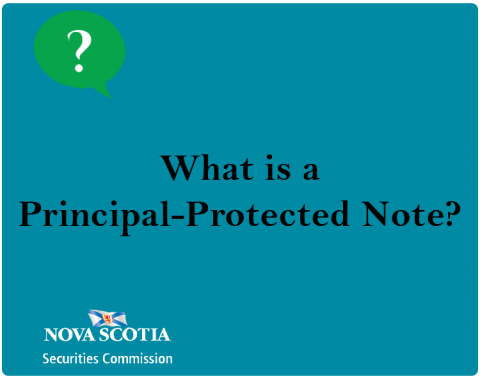Submitted by nsscadmin on

A principal-protected note (PPN) is a fixed-income security that guarantees a minimum return equal to the principal amount invested regardless of the performance of an underlying asset.
A PPN is typically structured like a zero-coupon bond which does not make any interest payments until maturity. A principal-protected note must be held to maturity for an investor to receive the full payout. A PPN also usually comes with a payoff option that is tied to an underlying asset, benchmark or index. If this linked asset rises during the lifetime of the PPN the investor receives payment at the time of maturity. For example, if the PPN is linked to the S&P 500 and the index rises by 20 percent, the investor in the PPN may be entitled to a 20 percent payoff. Most PPNs have small print that determine how much this payment will be dependent on the rise or fall of the value of the asset it is tied to. If you invest in a PPN make sure you fully understand the payoff option tied to your PPN.
Because they guarantee the return of an investor’s principal no matter the performance of the underlying asset, a PPN may be a low risk investment. That’s not to say there is no risk just because it comes with a guarantee. There is still a risk that the issuer of the PPN could default on the payment if they go bankrupt or are declared insolvent. There is also some risk in the lengthy term that an investor’s money must be locked into the PPN before it reaches maturity.
The Nova Scotia Securities Commission does not provide investment advice. We are not advising or recommending investing in PPNs. This post is simply to educate investors on this type of investment so they can be an informed investor when making investment decisions.
